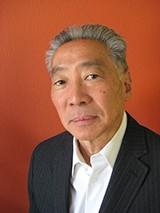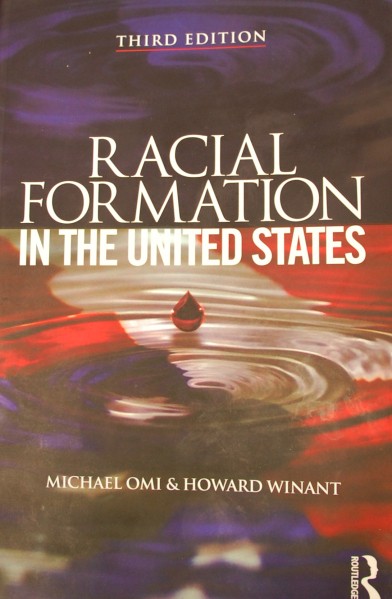
Michael Omi
On November 9, from 5-6:30 p.m. in McGuinn Auditorium, the prominent sociologist Michael Omi will speak at BCSSW on the third edition of his groundbreaking and classic book Racial Formation in the United States. First published in 1986, but substantially revised and re-released this year, the book provides a transformative venue for discussing the social construction and politics of race. During this event, Omi will discuss what’s “new” in the new edition, consider contemporary events through the lens of racial formation theory, and reflect on future trends in racial theory. All within the Boston College community are encouraged to attend.
In order to whet your appetite for this unique opportunity to hear from Professor Omi, Innovate@BCSW has asked several current PhD students who are engaged in a study group on Racial Formation in the United States to characterize the book, in a paragraph. Their remarks follow:
- For anyone who is committed to research, practice and policy for racial equality, this book is a must-read, racial formation theory is a must-know and this meeting is a must “marked on the calendar.” Omi and Winant’s Racial Formation Theory is a comprehensive description, a dialectical discussion, and an analytic tool that extends the understanding of how race has been created, inhabited and transformed by social, economic and political forces throughout the history of the United States. Based on this theory, the authors depict race as a “master category” of social stratification and “otherizing” in many ways, and they discuss the potential problems lying in the ideology of colorblindness and significance of race-consciousness as a racial project. This book reflects the authors’ phenomenal effort in bringing theory, history, politics and practice that has reformed and transformed race in the United States today. – Kaipeng Wang
- Though we are living in the society where we often hear, “I don’t see color. I just see people,” racial and ethnic minorities still face staggering disparities. Omi and Winant’s Racial Formation in the United States explains that such inequalities experienced by racial and ethnic minorities persist as race and racism are socially constructed and are constantly in formation in the turmoil of colorblind racial ideology. Paying scrupulous attention to the fluid nature of race and racism, the authors argue that colorblindness is disingenuous as it ignores race and its social and historical effects. Amid rising racial, ethnic, and cultural diversity in the United States, this thought provoking book not only promotes understanding of how race fundamentally structures politics, economics, and culture of the nation, but also invites readers (who all live in racial history) to become race-conscious. – Bongki Woo
- Race is often used throughout research without a clear and uniform definition. Racial Formation in the United States cautions the use of race as a fixed concept and argues race is dynamic and fluid and evolves depending on economic, political, and social factors. Examining race as socially constructed rather than biologically allows for social actions (e.g. rearticulation and racial projects) that can change racial narratives. – Robert Rosales

- Michael Omi and Howard Winant offer a novel perspective on race for a society plagued with challenging race-relations. The historical deconstruction of race provided in the text sheds light to the origins of today’s continued state of racial disproportionate poverty and inequalities. Understanding racial exclusion and ethnic targeting through the lens of racial ideologies, such as colorblind ideology, adopted by different eras and presidential administrations brings attention to a need to be critical of the political and social events that take place in the U.S. (e.g., Civil Rights Movement, the enactment of PRWORA by the Clinton Administration). With the presidential term of President Barack Obama ending, the emergence of the Black Lives Matter movement, and the beginning of the 2016 presidential elections, the theory of racial formation and the concept of racial reactions provides me with a tool to understand how these events shape the state of our race-relations now and especially in the next decade. – Victor Figuereo

